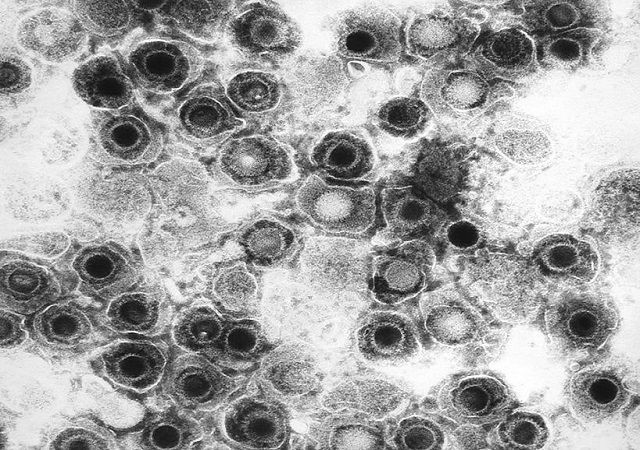Experimental Herpes Vaccine Passes Early Mice Trials — Are Humans Next?

An experimental vaccine for herpes may be here sooner than later, provided it continues to pass early tests of its effectiveness with flying colors.
Researchers from New York’s Albert Einstein College of Medicine published the impressive results of mice experiments with the vaccine this Thursday in the journal JCI Insights. Their specially designed vaccine completely protected mice from the two major types of the disease, herpes simplex virus type 1 (HSV-1) and herpes simplex virus type 2 (HSV-2). Not only did the vaccine offer protection against multiple strains of each type that are known to infect people, but it stopped the disease from escaping detection by the immune system and becoming a latent, chronic infection, a common occurrence with herpes.
“These studies provide exciting preclinical support for a new vaccine strategy to prevent infection by herpes viruses,” concluded the authors.
Both types of herpes remain a constant, if oftentimes silent, health threat worldwide. As much as two-thirds of the global population under the age of 50 carry HSV-1, according to the World Health Organization, while another 417 million carry HSV-2. Though the latter is considered a sexually transmitted disease that can cause sporadic outbreaks of blisters around the genitals and flu-like symptoms, HSV-1 — typically associated with cold sores — can also be spread by sex and cause genital herpes.
Whatever the type, herpes infections are generally symptomless, though people with weak immune systems can experience a double whammy as the virus comes out of hiding and causes havoc. In rare cases, HSV-1 can even cause a dangerous and often fatal swelling of the brain. Being pregnant with herpes may also increase the chances of miscarriage, and HSV-2 infection is believed to make HIV much easier to contract. These risks alone make finding a vaccine an urgent task, the authors wrote.
The experimental vaccine used a different plan of attack than previous vaccines that showed early promise but ultimately floundered in human trials. Given its success against multiple strains of both types, including those considered especially dangerous, and at doses 100 times the lethal dose, the researchers are hopeful their vaccine can be a far-reaching solution to the disease.
“The complete protection against both HSV-1 and HSV-2 is clinically relevant, as HSV-1 has emerged as the more common cause of genital disease in the developed world,” the authors wrote.



























